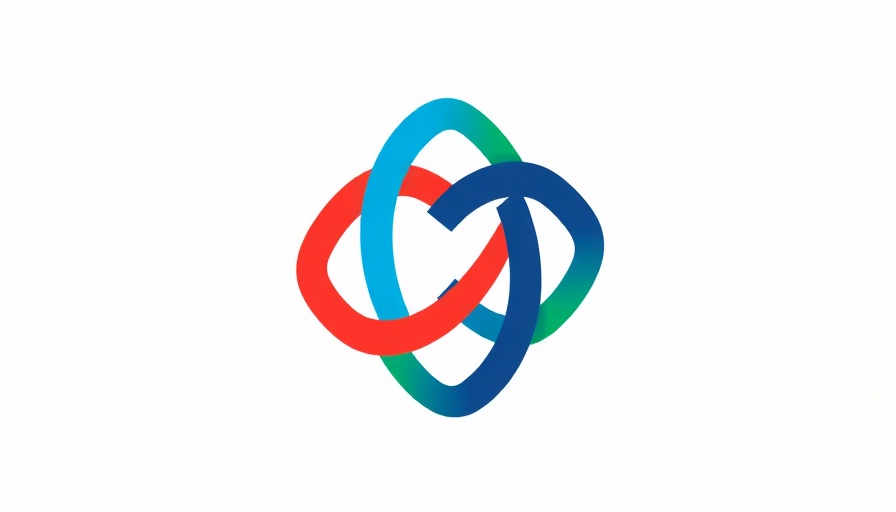
The Thrill of the TotalEnergies CAF CHAN 2024
The excitement is palpable in Tanzania as the country hosts the TotalEnergies CAF African Nations Championship (CHAN) PAMOJA 2024. Kicking off on August 1, this trophy tour marks the beginning of an event that not only promotes national pride but also highlights the pivotal role of sports in African socio-economic development. Sporting events like CHAN are crucial for the continent as they attract investment, bolster tourism, and unite diverse communities.
Connecting Fans and Media: The Importance of the Trophy Tour
Initiated in Dar es Salaam, the trophy tour serves as a key promotional tool designed to bring the excitement of the championship closer to fans and the media. As the tour winds through Tanzania, it visually prepares the nation for the matches ahead, featuring coverage from major media outlets such as Tanzania Broadcasting Corporation and Azam Media. By involving influential figures like Tanzanian football star Simon Msuva, the tour amplifies its reach, fostering a deeper connection between fans and one of Africa's premier sporting events.
The Economic Impact of the Tournament
Hosting the TotalEnergies CAF CHAN can significantly boost local economies in the participating host countries. According to economic analyses, sporting events draw not just local fans but international visitors, providing a boon to the tourism sector. These influxes in capital can stimulate various sectors including hospitality, transportation, and retail, thus enhancing local economic growth.
Future Implications for African Football
The anticipation surrounding CHAN 2024 is not merely contingent upon the sport itself; it reflects deeper implications for African football and socio-economic integration. As local talent takes center stage, the tournament underscores the importance of investing in home-grown talents, which can contribute substantially to the global representation of African football. Moreover, the participation of East African nations like Uganda and Kenya alongside Tanzania promotes regional cooperation and integration, vital for future joint ventures in various sectors, including sports and beyond.
Conclusion: Why This Matters to Investors and Policymakers
As policymakers and business leaders observe the unfolding events of the TotalEnergies CAF CHAN 2024, the insights gathered extend beyond mere entertainment. This championship offers a lens into the potential of sports as a transformative force in the African economy. Investors should recognize opportunities not only for direct financial gain but also for contributing positively to the continent's social fabric. Engaging with such events can lead to robust partnerships that align with national and international development goals.
 Add Row
Add Row  Add
Add 


Write A Comment